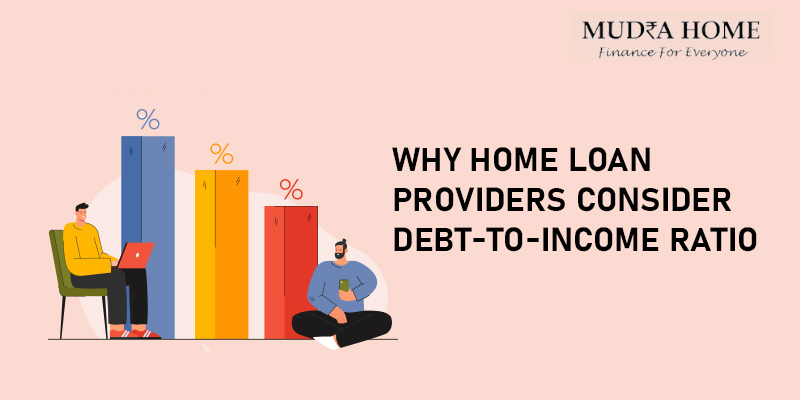
When it comes to applying for a home loan, one of the crucial factors that home loan providers carefully consider is the debt-to-income ratio (DTI). Understanding what DTI is and why it holds such significance can greatly impact your chances of securing a mortgage. In this article, we will delve into the importance of the debt-to-income ratio and how it influences the home loan approval process.
Debt-to-income ratio, or DTI, is a financial metric that compares an individual’s monthly debt payments to their gross monthly income. It is typically expressed as a percentage. This ratio provides lenders with insights into an applicant’s financial health and their ability to manage additional debt, such as a home loan.
To calculate your DTI, first, add up all your monthly debt payments, including credit card bills, car loans, student loans, and any other outstanding debts. Next, divide this total by your gross monthly income, which is your income before taxes and deductions. Finally, multiply the result by 100 to get the percentage.
Home loan providers use the debt-to-income ratio as a tool to assess an applicant’s financial responsibility. A low DTI indicates that the borrower has a good balance between their debt obligations and income, suggesting that they are less likely to default on the mortgage.
Your DTI plays a vital role in determining whether you qualify for a home loan or not. Most lenders have specific DTI limits that applicants must meet to be eligible for a mortgage. Generally, the lower your DTI, the higher your chances of loan approval.
Lenders want to minimize the risk of lending money to individuals who might struggle with loan repayments. By considering the DTI, they can identify borrowers who may be overextended financially and thus reduce the likelihood of default.
DTI can also influence the terms of your loan and the interest rates offered to you. Applicants with a lower DTI are often offered more favorable terms and lower interest rates, making their mortgage more affordable over time.
Maintaining a healthy debt-to-income ratio is crucial if you want to enhance your chances of obtaining a home loan. Here are some tips to help you improve your DTI:
Focus on paying off outstanding debts to reduce your monthly debt obligations. Consider using any extra funds or windfalls to clear debts and improve your financial standing.
Refrain from taking on new debt, such as additional credit cards or loans, before applying for a home loan. This will help keep your DTI in check and demonstrate financial discipline to lenders.
If possible, explore opportunities to increase your income. Negotiate a raise at work, take on a part-time job, or explore alternative income streams to boost your gross monthly earnings.
Debt consolidation can be an effective strategy to manage multiple debts and potentially lower your overall monthly payments, leading to an improved DTI.
In conclusion, the debt-to-income ratio is a vital factor that home loan providers consider when evaluating mortgage applicants. A low DTI demonstrates financial responsibility and increases your chances of loan approval. By understanding the significance of DTI and implementing strategies to improve it, you can pave the way for a successful home loan application. Remember, maintaining a healthy financial profile will not only secure your dream home but also provide you with greater financial security in the long run.